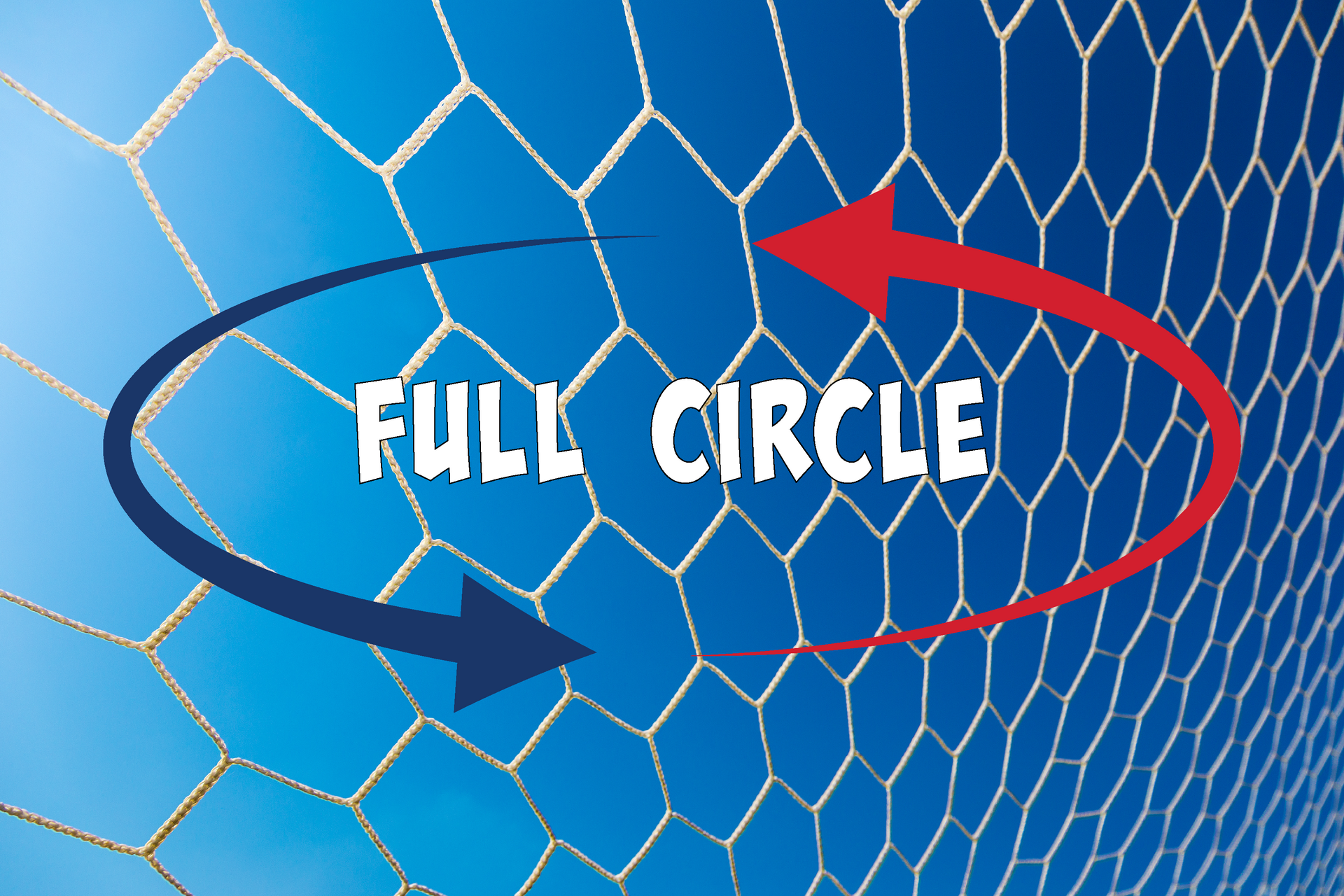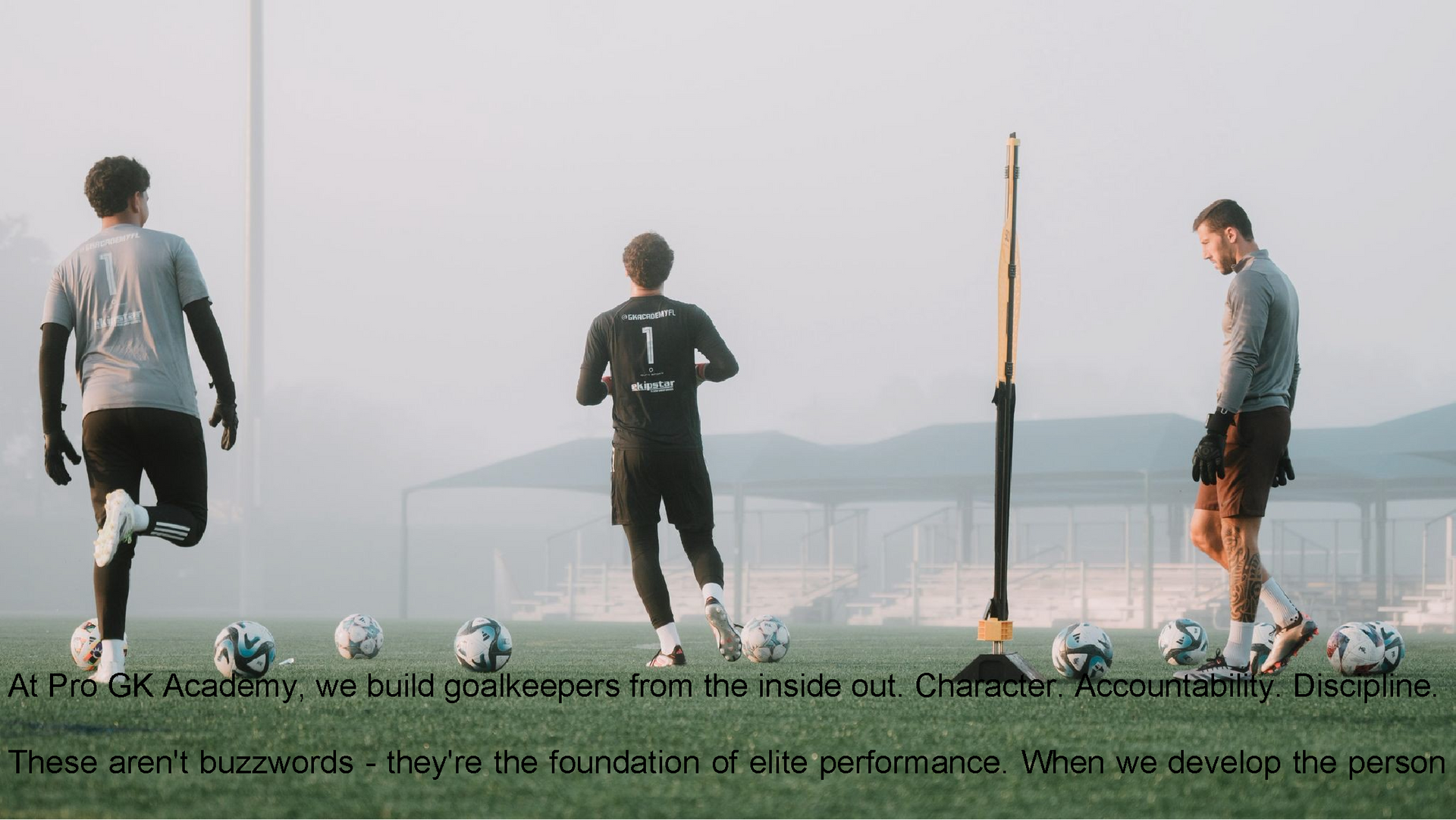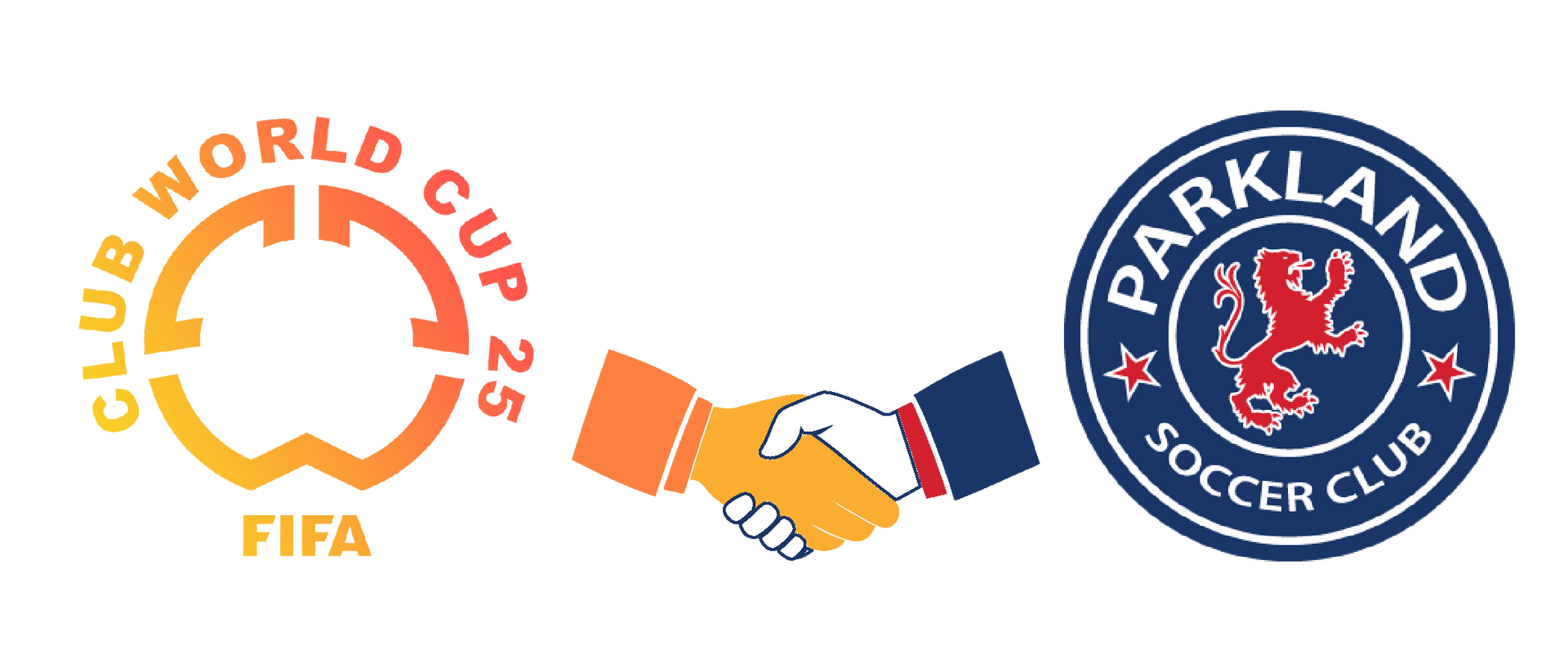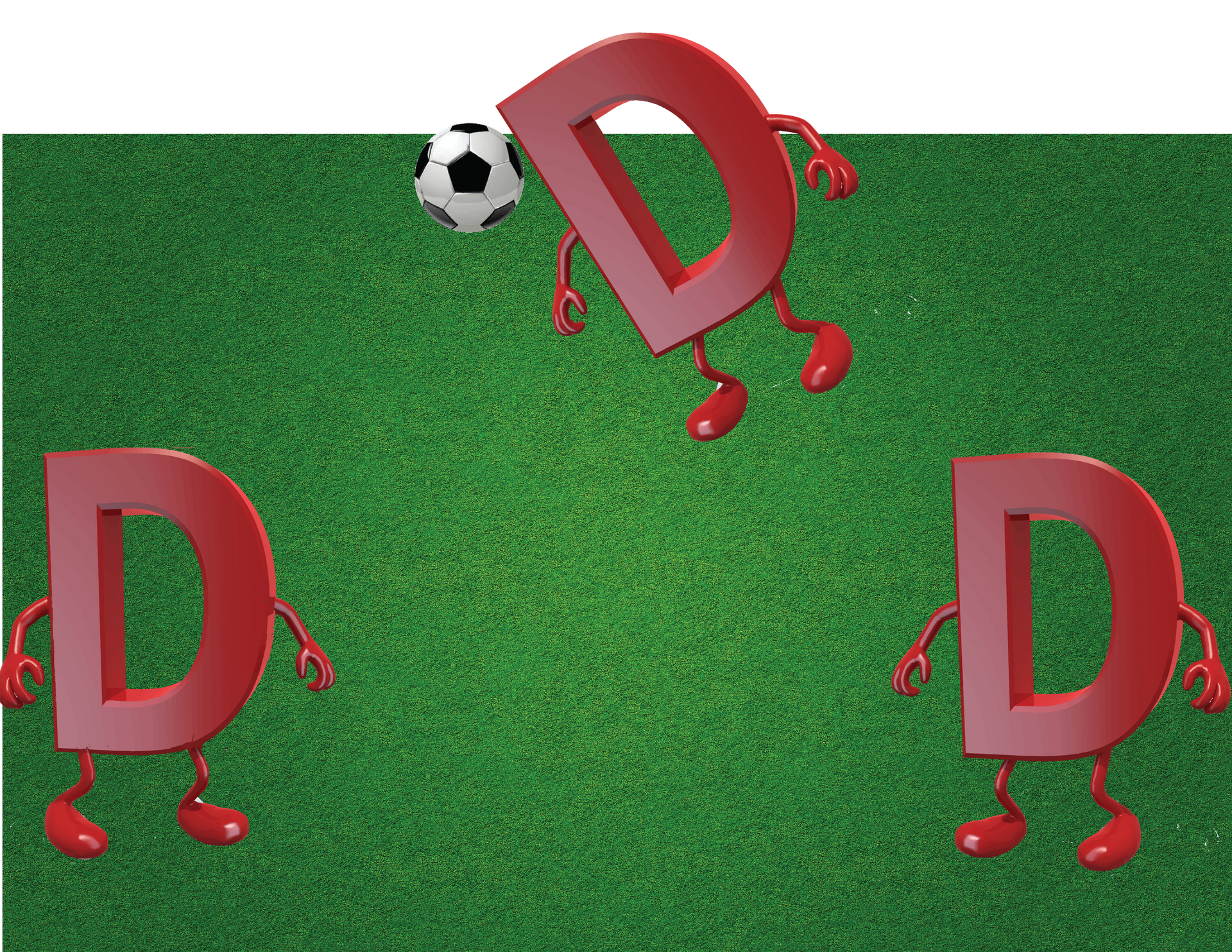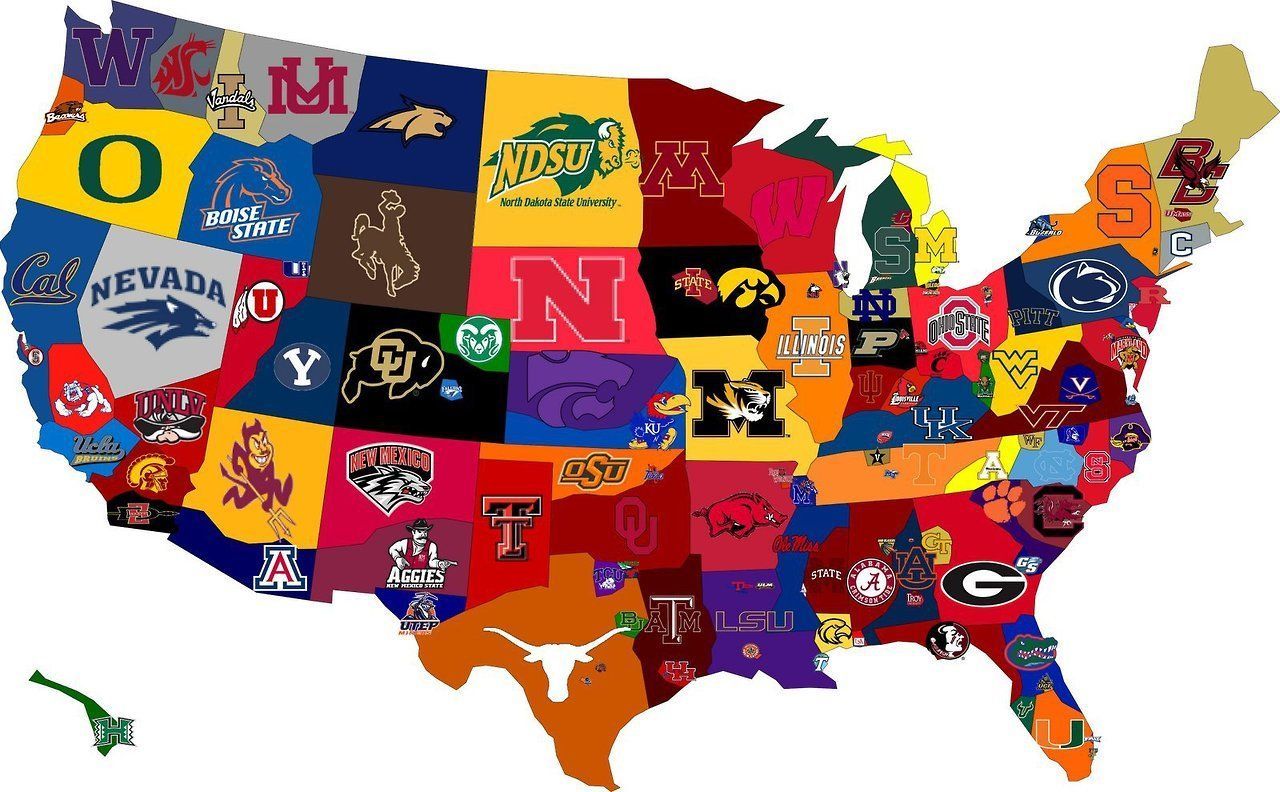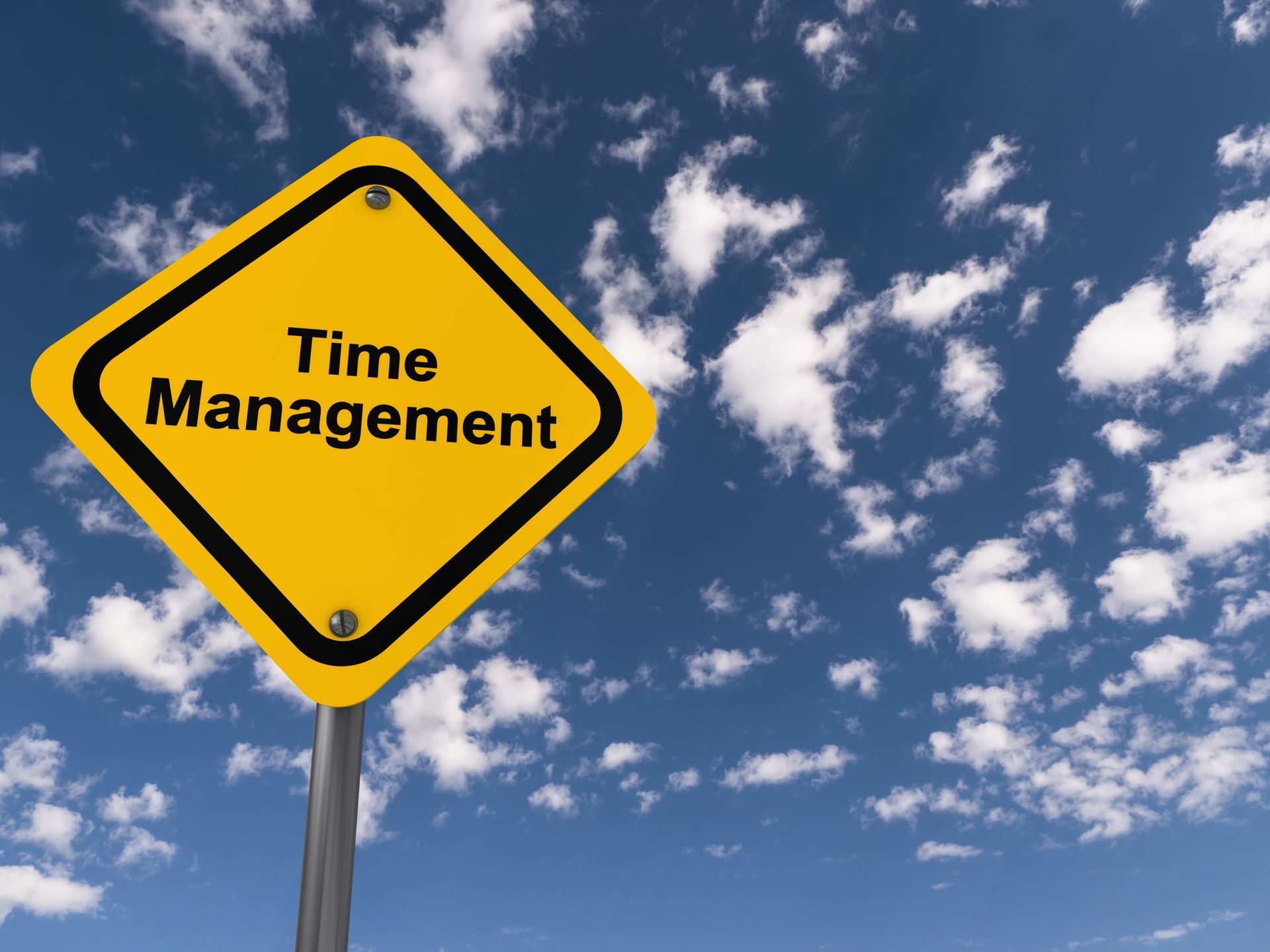Together as one!
Unveiling Parkland Soccer Club's new Value, UNITY!
By Iban Lemache
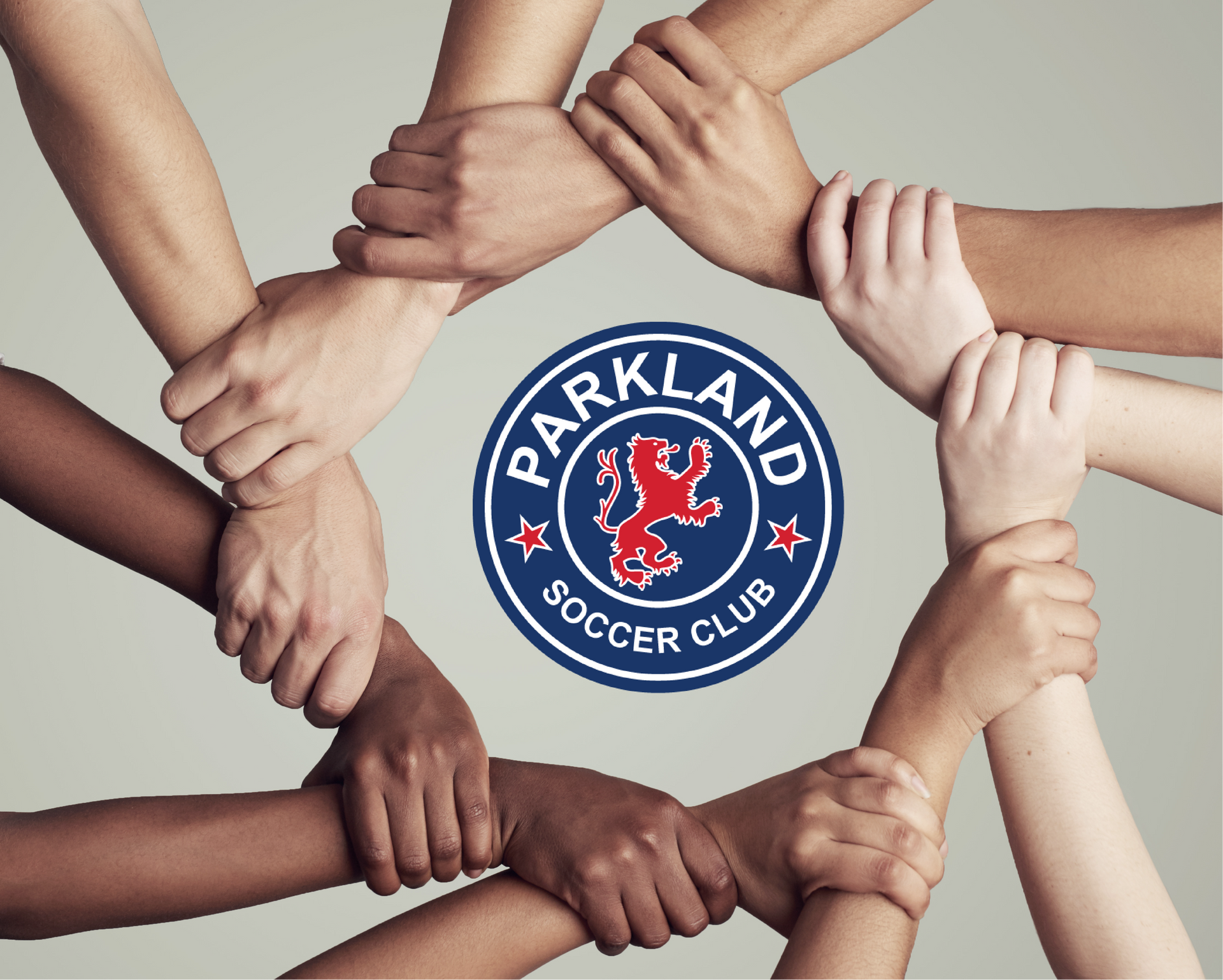
At its core, unity is a value that strengthens everything it touches — relationships, communities, teams, and even nations. It’s the foundation for teamwork, cooperation, peace, and progress.
Without unity, even the most brilliant ideas, the most talented players, and the strongest clubs can falter. But with unity? People rise. Challenges shrink. Conflicts get resolved. And meaningful, lasting change becomes possible.
Unity isn’t about everyone being the same. It’s not conformity. It’s not group-think. True unity is about coming together despite our differences. It’s about working toward shared goals, recognizing our common humanity, and showing up for each other — especially when it’s not easy to do so.
In every stadium roar, in every synchronized pass, and in every shared victory — or defeat — there’s something greater pulsing beneath the surface. A force that binds players, fans, and nations alike: soccer — or as much of the world knows it, fútbol.
While the game is often painted in shades of rivalry and individual brilliance, its deeper essence is something far more enduring: unity — the universal language that connects us across borders, backgrounds, and beliefs.
What Does Unity Really Mean?
Unity means standing together. It means putting aside selfishness, pride, or division for the sake of the collective good. It’s the idea that we’re stronger together than we could ever be on our own.
Unity doesn’t mean everyone agrees on everything. In fact, real unity welcomes diversity of thought, background, and experience. What it does ask is that we lead with respect, seek common ground, and commit to shared values — fairness, empathy, and cooperation. Unity isn’t passive. It’s not a buzzword. It’s a decision. A discipline. A culture.
Unity in Action: When It Makes All the Difference
1. Leicester City – Premier League Champions, 2015–16
In the annals of football, few stories capture the spirit of unity quite like Leicester City’s miracle season. Labeled 5,000-to-1 underdogs, the team lacked the star power of England’s traditional giants — but they had something far more dangerous: belief. Led by Claudio Ranieri, players like Jamie Vardy, N’Golo Kanté, and Riyad Mahrez trusted each other, worked tirelessly, and played with a shared sense of purpose. They didn’t just win matches — they rewrote the rules.
2. France National Team – FIFA World Cup, 2018
The 2018 French squad was bursting with talent. But talent alone doesn’t win World Cups.
What made this team extraordinary was its diversity — a reflection of modern France — and its cohesion. Players from different ethnic and cultural backgrounds came together to form something greater than the sum of their parts. Coach Didier Deschamps emphasized discipline, respect, and togetherness. The result? A World Cup title — and a team that became a symbol of multicultural unity and national pride.
3. Spain National Team – UEFA Euro 2008 to World Cup 2010
Spain’s golden era didn’t begin with tactics — it began with trust. For years, fierce club rivalries — particularly between Real Madrid and FC Barcelona — made unity at the national level seem impossible. But under coach Vicente del Bosque, those walls came down. Players like Xavi, Iniesta, Casillas, and Ramos chose country over club, and ego gave way to purpose. The result? An historic treble: Euro 2008, World Cup 2010, and Euro 2012. Unity turned rivals into legends.
4. Ivory Coast National Team – Civil War Ceasefire, 2005
The power of unity can go far beyond sport. After qualifying for their first World Cup, the Ivory Coast team — led by captain Didier Drogba — didn’t just celebrate. They used their platform to call for peace in a country torn by civil war. In a televised plea, the players asked political leaders to lay down their arms. Their message resonated. A ceasefire followed. It remains one of the most powerful examples of a soccer team acting as a force for national healing.
Why Unity Matters
These examples prove what coaches and captains have long known: unity wins. Not just games — but hearts, minds, and movements. Unity builds trust. Unity lifts teams through adversity. Unity sets the tone in the locker room and echoes in the stands. It’s a power rooted not in tactics, but in character.
As the African proverb reminds us: “I am because we are.” No single player can win a championship alone. No one person can solve society’s biggest challenges. But united? A team, a club, a community — can.
The Challenges to Unity
Still, unity isn’t always easy.
It’s tested daily — by pride, by fear, by misunderstanding. By ego, miscommunication, and the echo chambers of social media. But unity doesn’t mean pretending everything’s perfect. It means facing problems together. It takes work: listening. Compromise. Patience. A willingness to put the group ahead of the individual. It also takes leadership — the kind that brings people together instead of driving them apart.
🛠 How We Build Unity
Unity isn’t just taught in the classroom or in team meetings. It’s lived out every day — on and off the field. We build it by:
- Being inclusive and welcoming difference
- Practicing empathy — seeking to understand, not just respond
- Communicating with respect, especially in disagreement
- Standing up for justice, even when it’s uncomfortable
- Celebrating diversity, not just tolerating it
- Being open to new ideas, being curious, not judgemental
It’s up to all of us — coaches, parents, educators, leaders, players — to model what unity looks like in action.
Unity Starts Here
Unity in soccer doesn’t need a world stage. It happens every day in places like Parkland SC, where our players, regardless of age, lace up, high-five, and learn what it means to be a team.
When a diverse group of players shares a practice, a game, a season — barriers fall. Friendships grow. And the values they learn through sport — teamwork, communication, and respect — stay with them far beyond the field.
These early lessons in unity shape not only players, but future leaders and citizens.
Because when we teach kids how to move together, support one another, and play as one — we’re not just building better teams...
We’re building a better future.


